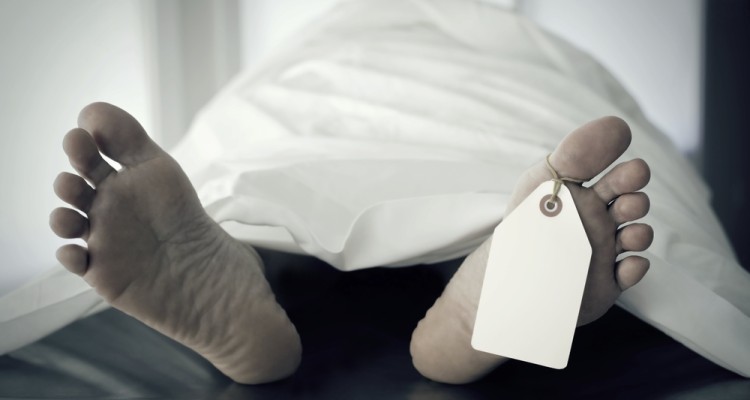Oosterhoff, Andrew - Forensic Pathologist
From What can you do with a degree in psychology?
| Revision as of 20:58, 26 March 2015 (edit) Ao11rr (Talk | contribs) (→Duties) ← Previous diff |
Revision as of 21:00, 26 March 2015 (edit) (undo) Ao11rr (Talk | contribs) Next diff → |
||
| Line 2: | Line 2: | ||
| == General Overview == | == General Overview == | ||
| - | A forensic pathologist, also known as a medical examiner, is a highly trained physician who determines the cause of death of a corpse. This is typically for an individual who has died suddenly or suspiciously. Responsibilities include performing autopsies, reviewing medical histories, analysing crime scene evidence, and listening to witness testimonials<ref name="American">American Academy of Forensic Sciences. Retrieved from: http://www.sfu.ca/~ganderso/forensic_science.htm</ref>. Further, a forensic pathologist can be a witness in court trials based on their results or as an expert witness. In Canada, forensic pathologists work under regulations of the Coroners Act<ref | + | A forensic pathologist, also known as a medical examiner, is a highly trained physician who determines the cause of death of a corpse. This is typically for an individual who has died suddenly or suspiciously. Responsibilities include performing autopsies, reviewing medical histories, analysing crime scene evidence, and listening to witness testimonials<ref name="American">American Academy of Forensic Sciences. Retrieved from: http://www.sfu.ca/~ganderso/forensic_science.htm</ref>. Further, a forensic pathologist can be a witness in court trials based on their results or as an expert witness. In Canada, forensic pathologists work under regulations of the Coroners Act<ref name="Ontario">Ontario Ministry of Community Safety and Corrections. Retrieved from: http://www.mcscs.jus.gov.on.ca/english/DeathInvestigations/Pathology/pathology_main.html</ref>. |
| [[Image:Pathologist.jpg|thumbnail|left]] | [[Image:Pathologist.jpg|thumbnail|left]] | ||
| == Duties == | == Duties == | ||
| - | Responsibilities of a forensic pathologist include performing autopsies, which requires them to examine the body of a deceased individual. An autopsy may be restricted to a specific organ or region of the body. Autopsies are performed to determine the cause of death, for legal purposes, and for education and research. A forensic pathologist may also reviewing medical histories. The medical history of an individual includes information of every past medical intervention. Other duties include analyzing crime scene evidence and listening to witness testimonials<ref | + | Responsibilities of a forensic pathologist include performing autopsies, which requires them to examine the body of a deceased individual. An autopsy may be restricted to a specific organ or region of the body. Autopsies are performed to determine the cause of death, for legal purposes, and for education and research. A forensic pathologist may also reviewing medical histories. The medical history of an individual includes information of every past medical intervention. Other duties include analyzing crime scene evidence and listening to witness testimonials<ref name="American"</ref>. Further, a forensic pathologist can be a witness in court trials based on their results or as an expert witness. |
| [[Image:Bones.jpg|thumbnail|right]] | [[Image:Bones.jpg|thumbnail|right]] | ||
Revision as of 21:00, 26 March 2015
Forensic Pathologist
General Overview
A forensic pathologist, also known as a medical examiner, is a highly trained physician who determines the cause of death of a corpse. This is typically for an individual who has died suddenly or suspiciously. Responsibilities include performing autopsies, reviewing medical histories, analysing crime scene evidence, and listening to witness testimonials[1]. Further, a forensic pathologist can be a witness in court trials based on their results or as an expert witness. In Canada, forensic pathologists work under regulations of the Coroners Act[2].
Duties
Responsibilities of a forensic pathologist include performing autopsies, which requires them to examine the body of a deceased individual. An autopsy may be restricted to a specific organ or region of the body. Autopsies are performed to determine the cause of death, for legal purposes, and for education and research. A forensic pathologist may also reviewing medical histories. The medical history of an individual includes information of every past medical intervention. Other duties include analyzing crime scene evidence and listening to witness testimonials[3]


